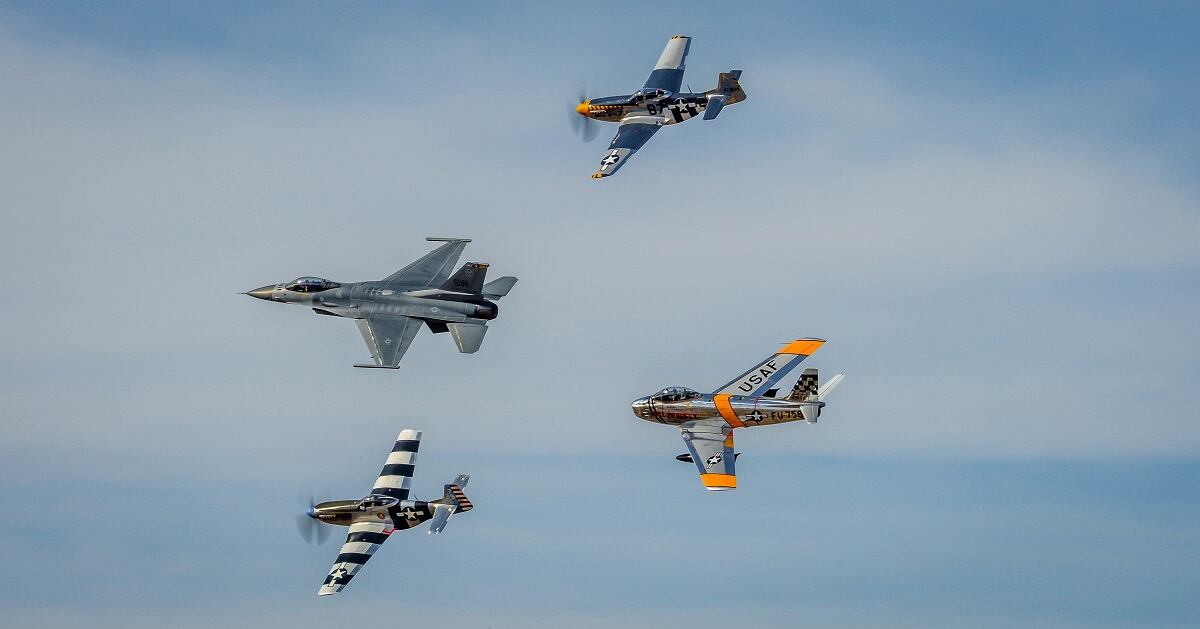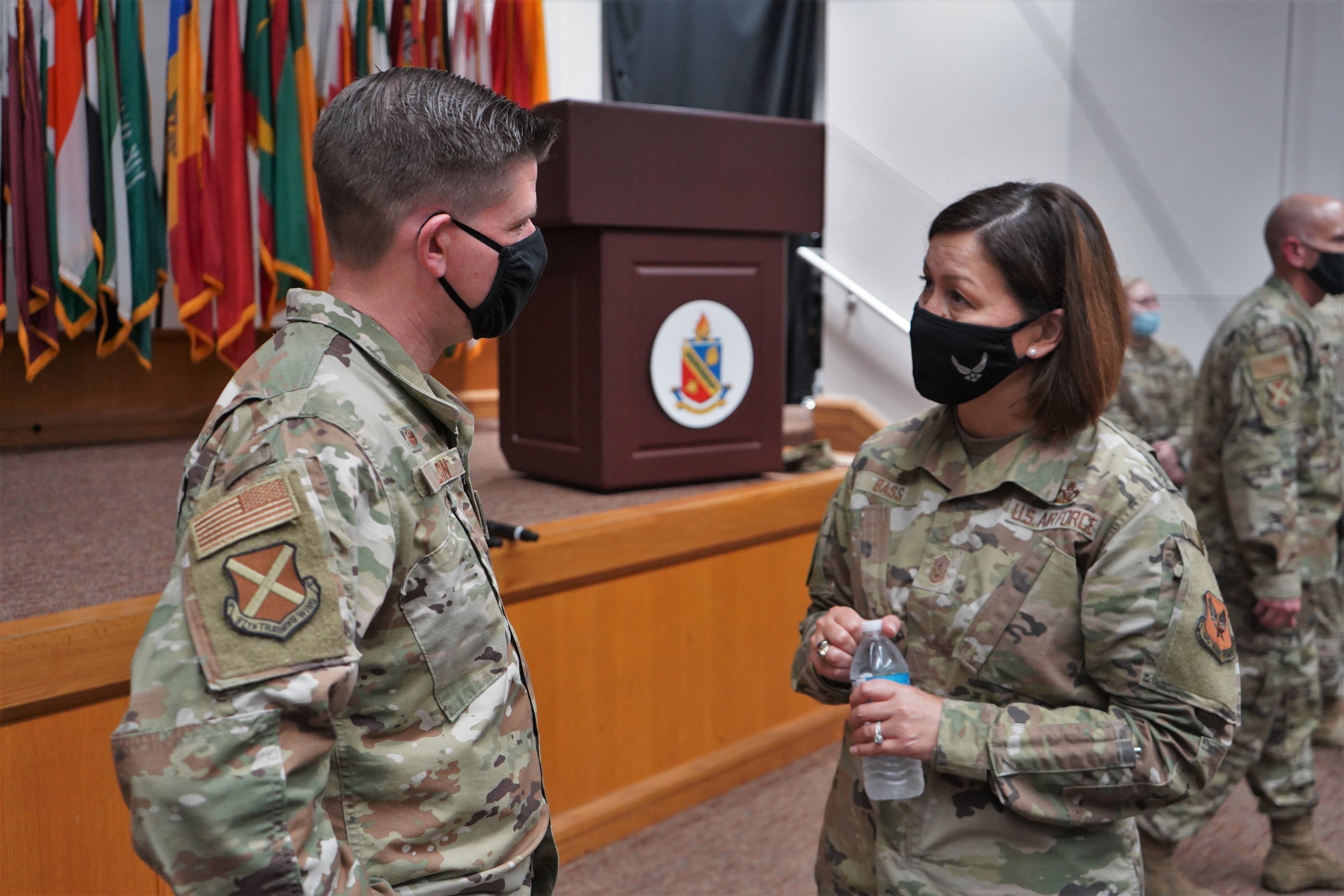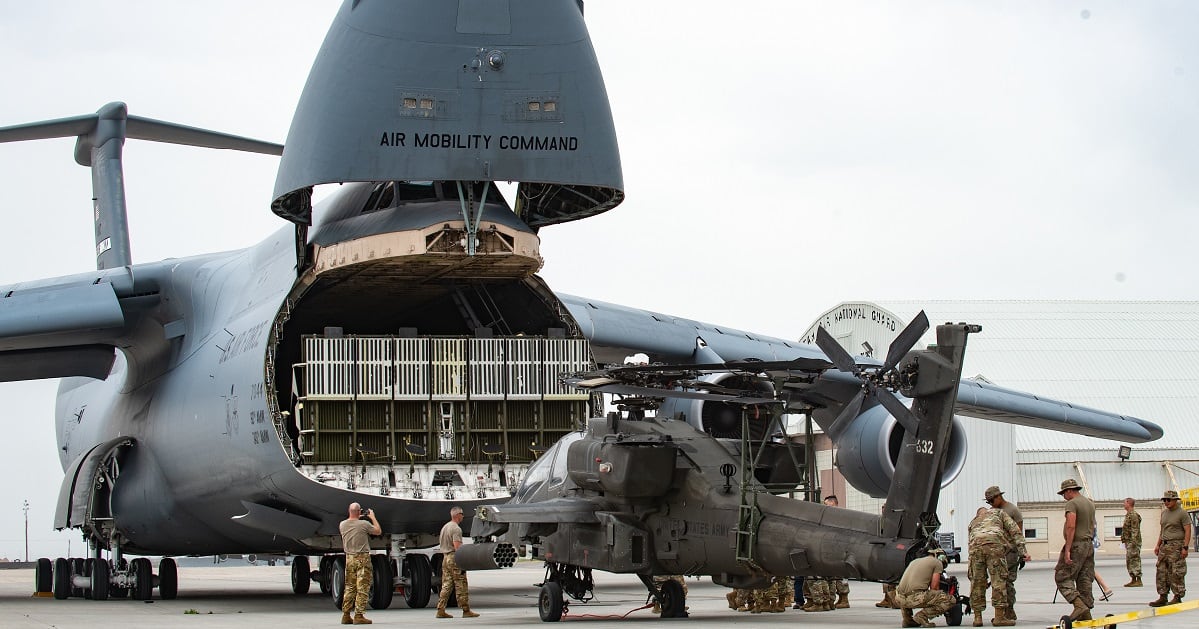“What a historic time,” I thought to myself as I sat down to prep for the upcoming Senior Enlisted Leader International Summit.
More than just an opportunity to meet, dialogue and share perspectives with my enlisted partners from more than 65 nations, SELIS represents a promise to the future — a promise to work together, in the spirit of trust and solidarity, to ensure the world our children, and their children, inherit will enjoy longstanding peace and stability.
“What a historic time,” I repeated again, humbled at the opportunity to host such an event.
Before taking this position, I realized the significance of building and maintaining strong alliances and partnerships. I learned that from my time stationed in Germany, where I got a chance to engage with partner nations for the first time. I knew the importance of deliberately developing our airmen into the warfighters we need. What I didn’t fully understand was the need to ensure that deliberate development extends beyond our borders. Having met many of my enlisted partners, CMSAFs and equivalents from other nations, I now fathom that building a strong, international enlisted force — and an especially strong noncommissioned officer corps — is essential to future global stability.
RELATED

Russia’s unprovoked invasion of Ukraine has shown what happens when you don’t trust and develop a strong NCO corps. In a highly contested, dynamic environment, the top-down, directive approach Russia employs on the battlefield demonstrates a significant lack of trust in its own people to accomplish the mission.
It’s been said that “if you want to go fast, go alone. If you want to go far, go together.” Russia has certainly moved fast; however, by not having a strong NCO corps to interpret commander’s intent and ensure their military members are taken care of, their force has experienced mistakes along the way.
The horrors we see in Ukraine are a painful lesson we can’t ignore. In an era of contested domains and strategic competition, the need to develop a strong enlisted corps within our allied and partner nations is incredibly vital.
The alliances and partnerships we have forged are ones built on principle, and were not created out of convenience. They are rooted in shared values, mutual respect and accountability. Likewise, they are cultivated via deliberate, long-term engagement that fosters trust-based relationships which are critical in times of crisis. After all, as a mantra of the special operations community states: “You can’t surge trust.”
Developing our people and partnerships takes time. That is why we invest so heavily in training and exercises that enhance our interoperability. In fact, we recently concluded African Lion 22, which paired U.S. service members from all branches, including the reserves and National Guard, with more than 7,500 participants from seven partner and NATO nations. The exercise provided a critical opportunity for joint, international teams to build and test their readiness to deploy, fight and win in a complex, multi-domain environment.
Those skills are essential to the future fight, and they are ones we need to freely and openly share with our allies and partners. The domains we operate in are more than air, land, sea … they now include space, cyber and information. In fact, if a pacing threat could challenge us in any domain, it may likely be in the three latter, first. The future force must be poised to meet the challenges of an ever-changing battlespace. The future force must be able to think critically, plan strategically, act tactically and execute swiftly.

Our enlisted corps must be empowered and understand mission command. As leaders, we owe it to our people to provide them with the tools and training they need to win in any environment. This is not an American challenge, a British challenge or an Australian challenge — this is a shared challenge.
As we build leaders who can operate jointly, and globally, we must ensure they are also taught to delegate authority, while maintaining accountability. With Russia, we have seen recent examples of where this has failed, and it becomes a failure at all levels — with readiness and lethality decreasing at exponential levels. We have also seen our adversaries watching and studying as this all plays out.
Just as we are observing the challenges Russia is facing in Ukraine, China is also taking notes. They recognize the importance a strong NCO corps brings to any battlespace and are looking at how we develop ours. What this means, for the U.S. and our allies and partners, is we have to get it right, and we have to get it right now. Changing the culture in one military can be a daunting task, but changing the culture in several is a herculean feat. That is why it is so essential to come together, as partner nations, to learn, train, develop and grow together.
Together, we can face down any adversary, overcome any obstacle, and achieve anything we set our minds to. Together, we can ensure that the world remains on a path to peace, security, stability and prosperity. Together, we can all become better.
This is going to be a historic time, and I couldn’t be more excited.
Chief Master Sgt. of the Air Force JoAnne S. Bass advises the chief of staff and the secretary of the Air Force on all issues regarding the welfare, readiness, morale, and utilization of the service’s active, Guard and Reserve enlisted airmen.
Have an opinion?
This article is an Op-Ed and as such, the opinions expressed are those of the authors. If you would like to respond, or have an editorial of your own you would like to submit, please email us.
Want more perspectives like this sent straight to you? Subscribe to get our Commentary & Opinion newsletter once a week.




